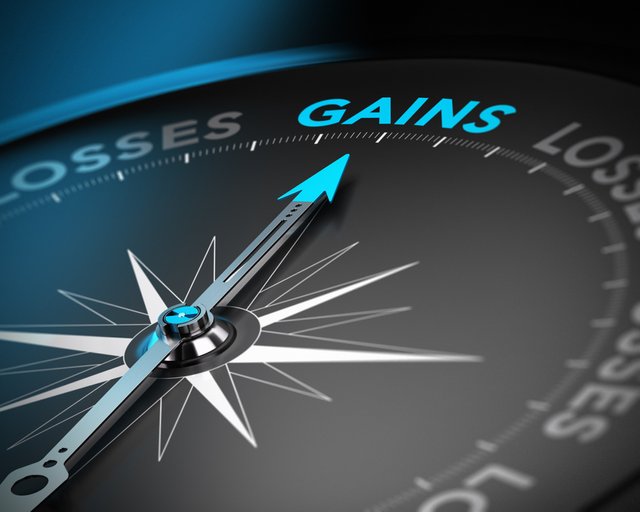
In 2002, Daniel Kahneman and Amos Tversky won the Nobel Prize in Economics for a behavioral theory they created and refined between 1979 and 1992: prospect theory. It explained how people weigh up risks in decision making, and part of its findings revealed that we are inherently loss averse, meaning we give at least twice as much decision-making weight to the idea of losses than gains. Losing $5, explains former FBI negotiator Chris Voss, feels like losing $10, and the prospect of gaining $5 will feel joyless coompared to the fear of losing $5. This can be leveraged in negotiations simply by pointing out what is going to be lost if a deal isn’t made, or something isn’t done. The “crazy mathematics” we do in our heads isn’t rational, but understanding it will give you an upper hand in your next negotiation. Voss's latest book is Never Split the Difference: Negotiating as if Your Life Depended On It

This post has been ranked within the top 80 most undervalued posts in the first half of Jan 17. We estimate that this post is undervalued by $2.94 as compared to a scenario in which every voter had an equal say.
See the full rankings and details in The Daily Tribune: Jan 17 - Part I. You can also read about some of our methodology, data analysis and technical details in our initial post.
If you are the author and would prefer not to receive these comments, simply reply "Stop" to this comment.